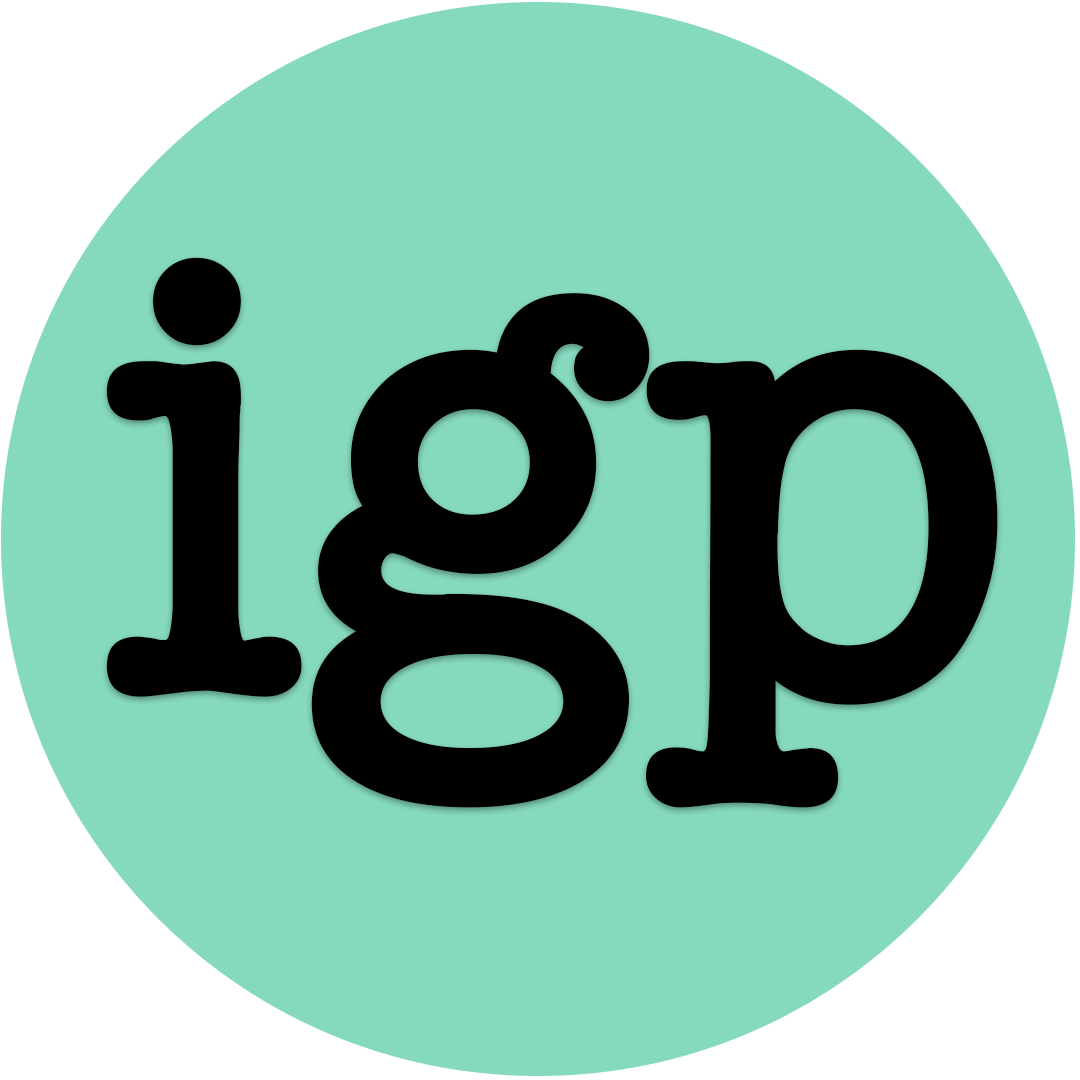Music and Song Writing
Music has long been recognized as an effective form of therapy that provides an outlet for emotions. It has been used in treating pain, reducing stress, improving mood states, decreasing anxiety, and improving socialization. Song-writing, in particular, is a useful vehicle for self-expression and overcoming challenges. For example, teens may choose to address bullying, academic pressures, insecurity, bereavement, painful relationships, family difficulties or abuse through their songs. Using musical mentors to speak to the group helps promote the power of using musical expression to cope with negative affective states. Additionally, collaborating during the song writing process encourages the sharing of ideas and the articulation of thoughts and feelings-- something that is essential when attempting to work through difficult and painful experiences. Mentors are instrumental in inspiring teens to use their creativity as an effective outlet for processing uncomfortable emotions and experiences.
Visual Arts
The visual arts in healing has existed for centuries. Providing a safe means of expression through a clients creative world can often allow individuals to express things they may not otherwise be able to express. Completing and artistic work of art in therapy allows the client to be an active participant in their own healing. Difficult emotions can often be expressed safely because an artistic medium can provide a sense of emotional containment to clients. Neuroscientists are also now recognizing the potential benefit of using the arts in treating a variety of mental health problems due to the mind-body connection. IGP encourages each youth to discover their creative self and work toward learning how to incorporate the arts into a daily coping strategy.
Healing Through Acting
Most therapies use the connection between language and emotion to assist people in coping with negative emotional states. Drama and acting can offer an alternative and creative opportunity for individuals to gain access to their emotions. IGP uses acting, drama and improv toward the psychotherapeutic goals of symptom relief, emotional and physical expression, and personal growth. Research suggests that theatre exercises in a therapeutic setting can improve a person’s interpersonal relationships in addition to reducing anxiety, depression and increasing self-esteem. The distance from real life that acting permits a safe way for teens to explore and experiment with parts of themselves they may not normally have access to. Improv games utilized in IGP have a natural way of bringing out laughter and positive emotions in group members. When people laugh together, they connect. Laughing releases endorphins in the body, which allow us to feel good. In this way, IGP helps to improve mood states and encourage positive and supportive social relationships.



